Another pointless elections looms..queue the billionaires.
by Alexander Ross on Apr 22, 2015 | Views: 193 | Score: 0
| 2012 | 2008 | 2004 | 2000 | |
|---|---|---|---|---|
| Total Cost of Presidential Election | 2621 | 2799 | 1910 | 1413 |
Total Dost of US Presidential Elections broken down by election cycle
Year
Million (Dollars $)

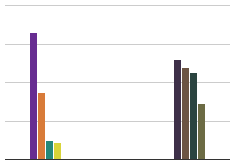
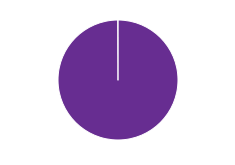
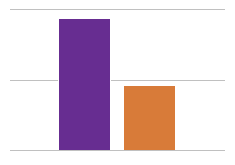
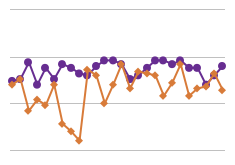
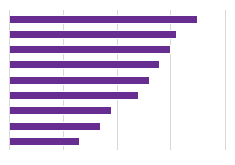
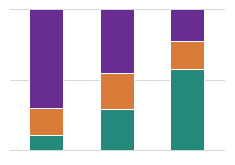
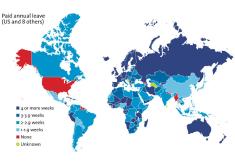
As the title suggests, I am indeed implying that US presidential elections are pointless. The data from opensecrets.org (methodology link in the sources below) simply explains how many billions have been spent on the last four elections. About $8.743 Billion. I know. Back to the nature of US elections, oh yes, they are pointless, they are pointless because it does not matter who wins, as the poor excuse of a democracy that we see in America is broken and unfair. Money talks and the people do not = not a democracy.
Citizens United, in my personal opinion, stands as a major subversion to American democracy. Money undoubtedly has an corrosive effect on democracy, which can be vulnerable to the interests of a powerful elite.
I'd disagree that presidential elections are completely pointless. In essence, we are the ones who make them pointless by mindlessly voting for one of the two candidates represented by our two major political parties. If millions in our country can dump buckets of ice over their heads in a span of weeks just through the use of social media, why couldn't we all band together and vote for a third party? Even if that is just done in protest to the billions of dollars unnecessarily spent by billionaires and corporate America. We the people ultimately have to make that decision and at the end of the day that is the beauty of democracy.
Our election structure strongly favors a two party system, simple as that. Since our system relies on a "first past the post" mentality, only the candidate with the plurality of votes can claim victory. Any third party, then is much more likely to be either absorbed by one of the two dominant parties, or it will be eliminated, as the existing organization and power structures of the other two make it near impossible for the third to have a significant chance of obtaining a plurality.